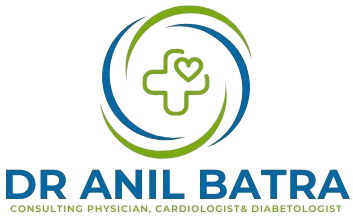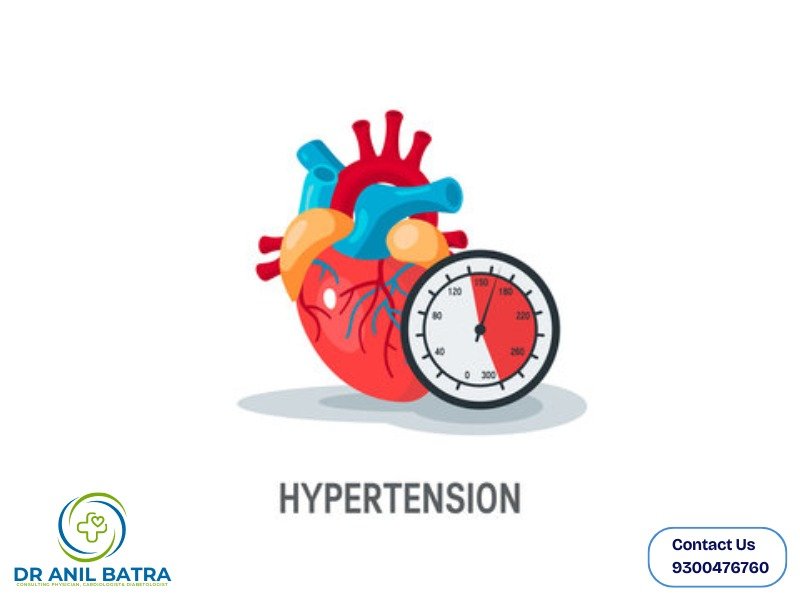Understanding Hypertension: What You Need to Know
Hypertension, also known as high blood pressure, is a common health issue where the force of the blood against the walls of your arteries is too high. This can cause serious problems with your heart and other organs. Let’s break down what hypertension is, how you can spot it, and what you can do about it.
What is Hypertension?
Blood pressure is measured using two numbers. The first number, called systolic pressure, measures the pressure when your heart beats. The second number, called diastolic pressure, measures the pressure when your heart rests between beats.
- Normal Blood Pressure: Below 120/80 mmHg
- High Blood Pressure (Hypertension): 140/90 mmHg or higher
Hypertension means your blood pressure is higher than normal. This can happen when your arteries are narrowed or your heart has to work harder than usual.
Signs of Hypertension
Hypertension often doesn’t show any obvious symptoms, which is why it’s called a “silent” condition. However, some signs might include:
- Headaches: Frequent headaches can be a sign of high blood pressure.
- Dizziness: Feeling dizzy or lightheaded might indicate hypertension.
- Blurred Vision: High blood pressure can sometimes affect your vision.
- Shortness of Breath: Difficulty in breathing could be linked to high blood pressure.
Because hypertension doesn’t always show clear signs, it’s important to get your blood pressure checked regularly.
Why is Hypertension a Problem?
If left untreated, hypertension can lead to serious health issues like:
- Heart Disease: High blood pressure can damage your heart and arteries, increasing the risk of heart attacks.
- Stroke: It can also increase the risk of having a stroke by affecting blood flow to the brain.
- Kidney Damage: High blood pressure can harm your kidneys, leading to kidney disease.
- Vision Loss: It might affect the blood vessels in your eyes, leading to vision problems.
How to Manage Hypertension
Here are some steps you can take:
- Regular Check-Ups: Visit Dr. Anil Batra, the best consulting physician, diabetologist, and cardiologist in Bhopal. He offers comprehensive check-ups and can help you monitor your blood pressure. Dr. Batra’s clinic is conveniently located in Bhopal, serving areas like Karamveer Nagar, Bharat Nagar, Indrapuri, Arera Colony, Minal Residency, and Shahpura.
- Healthy Diet: Eat a balanced diet rich in fruits, vegetables, and low in salt. Avoid processed foods that can increase your blood pressure.
- Regular Exercise: Engaging in physical activities like walking, running, or cycling can help lower your blood pressure.
- Limit Alcohol and Quit Smoking: Drinking less alcohol and avoiding smoking can positively affect your blood pressure.
- Manage Stress: Practice relaxation techniques like meditation or deep breathing to manage stress levels.
- Take Medications: If prescribed, take your blood pressure medications as directed by your doctor.
When to See a Doctor
If you have signs or are at risk, it’s essential to see a doctor. Dr. Anil Batra can provide personalized advice and treatment to help manage your blood pressure. Regular check-ups and lifestyle changes are key to controlling hypertension and maintaining overall health.

